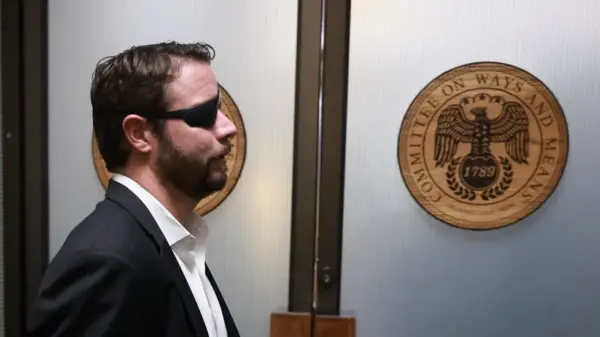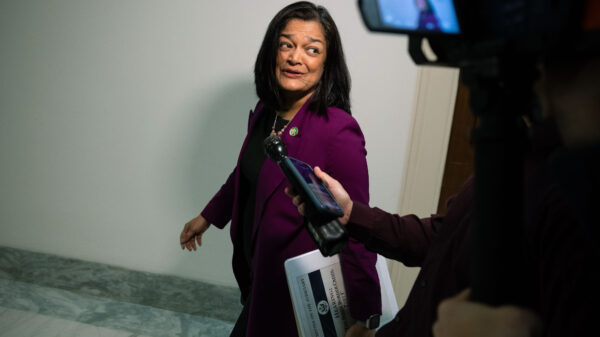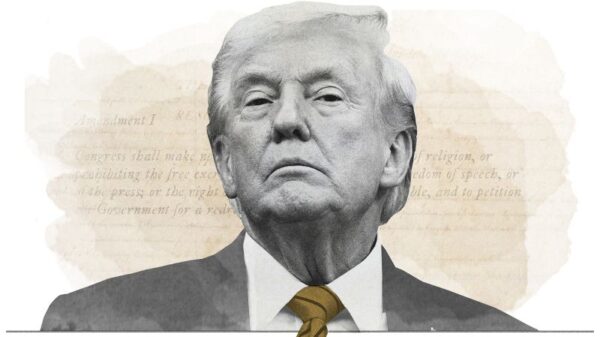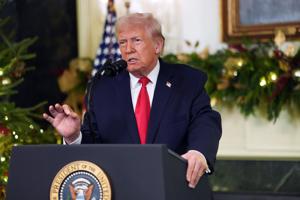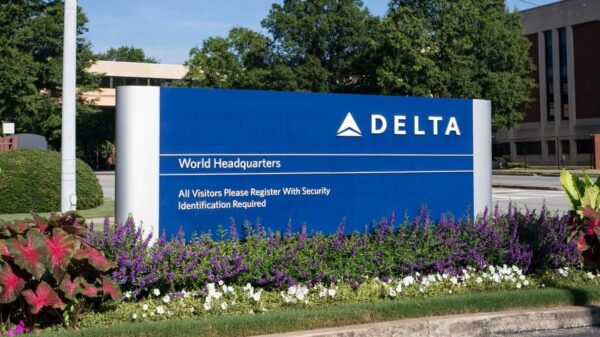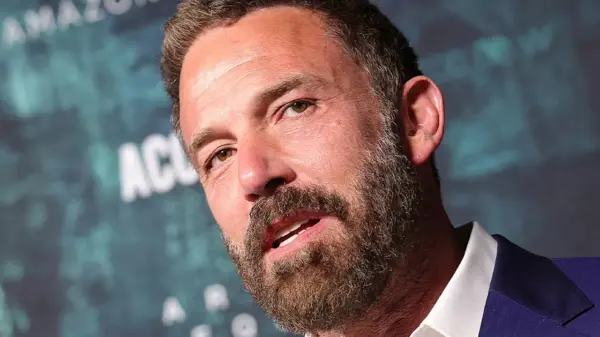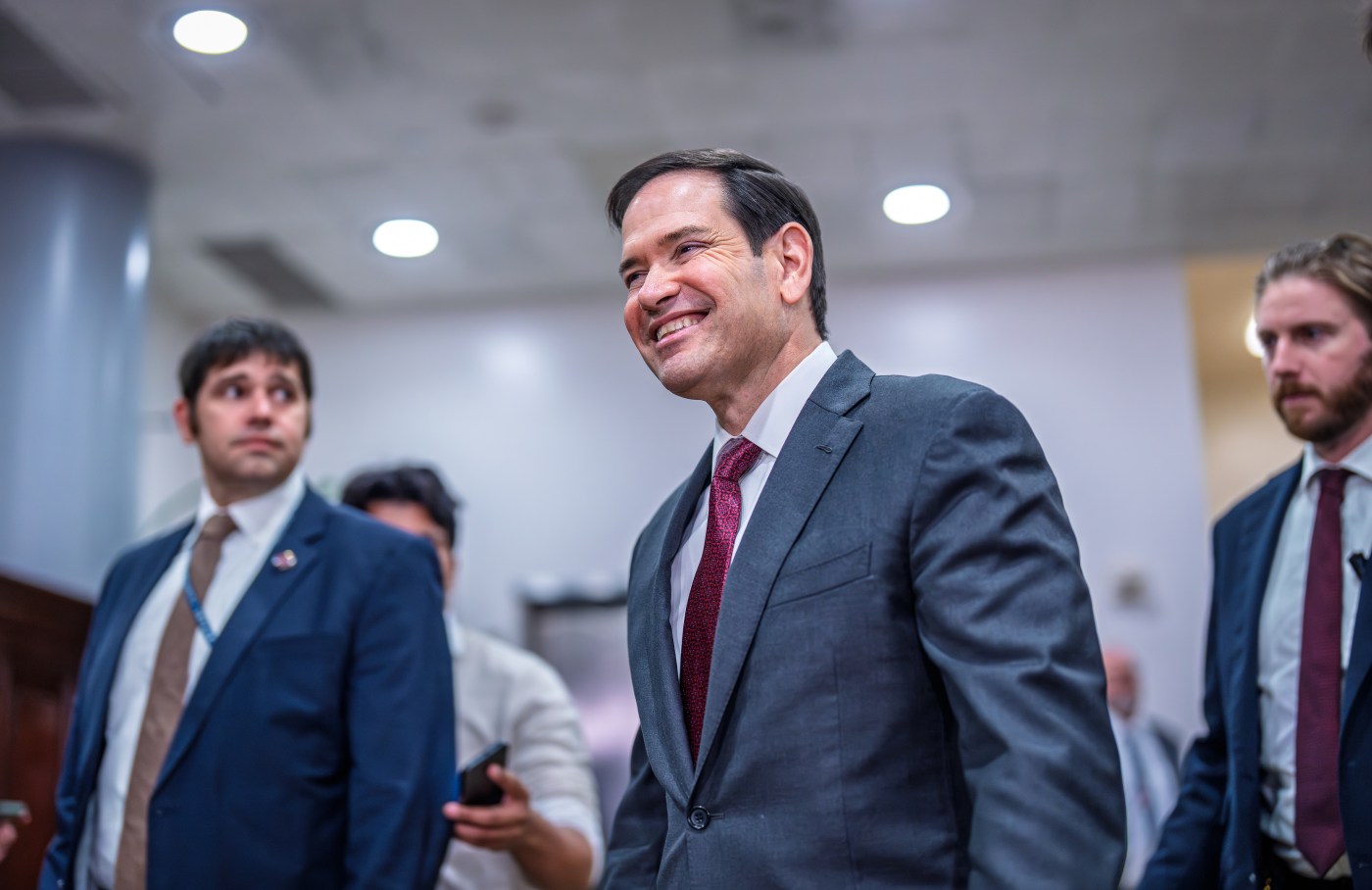U.S. military operations near Venezuela have raised significant concerns regarding transparency and accountability. Since early September, the U.S. military has conducted **21 strikes** against vessels suspected of drug smuggling, resulting in **at least 83 fatalities**. This aggressive posture is led by the newly established Joint Task Force Southern Spear under the auspices of U.S. Southern Command.
The current situation echoes a troubling historical precedent. In **1964**, the Johnson administration’s claims about attacks on U.S. destroyers in the Gulf of Tonkin led to expansive war powers without a formal declaration. Subsequent declassified information revealed that one of these attacks likely never occurred. This history serves as a cautionary tale about the dangers of acting on uncertain evidence, particularly as military tensions rise in the Caribbean.
Critics argue that the Trump administration’s framing of these operations as counter-narcotics efforts resembles the initial stages of previous military conflicts. They warn that a small incident could escalate into broader military action against the Venezuelan government. This concern is amplified by the administration’s willingness to use military force for political objectives, as demonstrated earlier this year when federal troops were deployed to Los Angeles, raising alarms about potential provocations.
Despite the high stakes, the U.S. government has not provided adequate information regarding the military strikes. There has been no release of names, cargo manifests, or visual evidence to clarify why lethal force was deemed necessary over other methods, such as interdiction. This lack of transparency raises fundamental questions about the legality and justification of these actions.
What constitutes “hostile intent”? How is intelligence validated prior to the use of lethal force? These are essential questions that must be addressed to ensure democratic oversight. Yet, Congress has remained largely silent on the matter. Representative Jen Kiggans, a member of the House Armed Services Committee, has not publicly called for unclassified briefings or demanded evidence regarding these operations. This silence could be seen as a failure to uphold critical oversight responsibilities.
While some level of secrecy is necessary to protect military operations, unclassified summaries can still provide essential information regarding the legal basis for action, the intelligence that informed decisions, and the rationale for choosing lethal force. The American public is entitled to understand when and why their government engages in military actions that result in loss of life.
The implications of these choices are particularly poignant for communities like Hampton Roads, home to the world’s largest naval base. Each military deployment means service members are separated from their families, and every unexplained escalation creates anxiety among military families. There is a pressing need for clarity and accountability before loved ones are placed in harm’s way.
For Congress to reclaim its constitutional role in war-making, it must advocate for unclassified briefings about the **21 strikes** conducted by Southern Command. Furthermore, the War Powers Resolution should be updated to prevent open-ended military actions without meaningful congressional oversight. Lethal force should be the last resort, not a standard approach.
In addition, Washington must prioritize diplomacy, regional cooperation, and development initiatives to tackle the root causes of narcotics trafficking. Sole reliance on military force has often exacerbated these issues rather than resolved them.
Oversight is not a sign of weakness; it signifies a confident nation that values accountability over secrecy. As military planners reportedly prepare for potential actions in Venezuela, it is crucial that Congress and the public demand transparency and accountability to prevent the recurrence of past mistakes that led to prolonged conflicts. The American people deserve to know the implications of military actions undertaken in their name, especially when lives are at stake.
Retired U.S. Marine Lieutenant Colonel Mike Williamson, who has extensive experience in military operations, underscores the necessity for accountability. Having served **20 years** in the Marines and completed six tours overseas, Williamson emphasizes the importance of clarity in military engagements to safeguard both service members and civilian lives.











